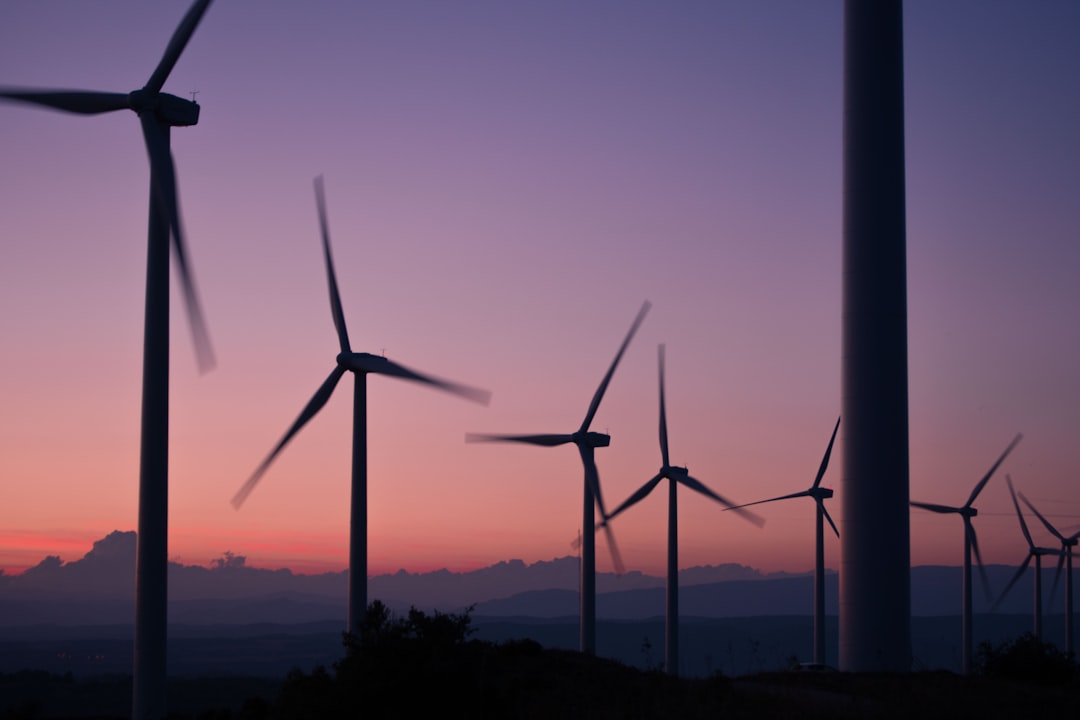UN Climate Summit Agrees To Transition Away From Fossil Fuels. That's A First! Yes, There's Also A 'However.'
It's historic and should have started 30 years ago. But it's still big.

The annual UN climate summit, COP28, ended in Dubai yesterday with nearly 200 countries agreeing to transition away from fossil fuels for generating energy, the first time a COP (Conference of the Parties) summit has explicitly called for an end to the use of fossil fuels. It’s fairly huge, especially considering that before the meetings went into an extra day, any kind of agreement on language around fossil fuels seemed … unlikely.
Now, here’s the “however”: The text of the agreement was a compromise to get around what had been the biggest fight of the conference, whether to commit to “phase out” or “phase down” fossil fuels, language that petrostates like the host nation, the United Arab Emirates, were opposed to, because even 30 years into the international recognition that climate change is caused by burning fossil fuels, most of their revenue comes from oil and natural gas. So any mention of getting rid of fossil fuels at all is both A) a real achievement and B) another reminder of why it’s been so hard to reach international agreements on climate. This is, after all, the climate summit chaired this year by Abu Dhabi’s national oil company CEO.
The agreement doesn’t include a timeline for ending fossil fuel use, although that’s at least implicit, as it has been for three decades. Instead, it calls for countries to take the needed steps to transition away from fossil fuels in energy systems
“in a just, orderly and equitable manner, accelerating action in this critical decade, so as to achieve net zero by 2050 in keeping with the science.”
Wopke Hoekstra, the EU commissioner for climate, said it was damn well time, and then some:
“Humanity has finally done what is long, long, long overdue. […] Thirty years — 30 years! — we spent to arrive at the beginning of the end of fossil fuels.”
While there’s nothing forcing countries to actually do anything to meet the COP28 goals (which are fairly general to start with), the statement is still important for sending the message that yes, the energy transition is on and it needs to accelerate. That’s especially true if the planet is to have any hope of reaching the Paris climate agreement goal of limiting warming to 1.5 degrees Celsius (2.7 Fahrenheit) over preindustrial norms. But a general “we will transition away” commitment is far weaker than the rapid decarbonization experts say is needed to get anywhere close to the Paris goals. Keeping warming below 1.5 C looks increasingly unlikely, but every bit of warming we prevent over that amount is vitally important for the sake of preventing the absolute worst climate disasters.
The statement also calls for global renewable energy capacity to triple by 2030, a goal that China, incidentally, is likely to reach next year, so the rest of us ought to try to catch up. After taking forever to agree to “phase down” coal in Glasgow’s COP26 statement, this year’s agreement calls for speeding up reductions in coal use, although there again there’s no timeline. The agreement also calls for deep reductions in methane emissions, since methane is a far more powerful greenhouse gas, molecule by molecule, than carbon dioxide. (CO2 remains the “worst” greenhouse gas since the amount of CO2 the world emits is far greater than any other.)
And as usual, the statement calls for increased development of carbon capture and storage (CCS) capacity, although that technology is still being developed and may be difficult to scale up. Many oil interests see CCS as an option that would allow them to keep producing oil and gas while offsetting their CO2 emissions, which is a cheat code they shouldn’t be allowed, since if CCS can be made to work at wide scale it’s far more important to use it to start drawing down the total amount of carbon already in the atmosphere.
The deal was met with skepticism by Anne Rasmussen, lead negotiator for the Alliance of Small Island States — the places already seeing the consequences of rising sea levels due to warming oceans (water expands as it heats: science!) and melting polar ice.
"We have made an incremental advancement over business as usual, when what we really need is an exponential step change in our actions," she said.
But she did not formally object to the pact, and her speech drew a standing ovation.
And again, considering the institutional resistance to admitting that fossil fuels are the smelly oily elephant in the room, it’s still a big fucking deal:
Danish Minister for Climate and Energy Dan Jorgensen marveled at the circumstances of the deal: "We're standing here in an oil country, surrounded by oil countries, and we made the decision saying let's move away from oil and gas."
As Yr Wonkette keeps saying: Yes, the task is huge. But for the first time in my life, it finally looks like the world is waking up and making the changes that are needed. More of that, please.
Yr Wonkette is funded entirely by reader donations. If you can afford to become a paid subscriber, that would help us reach our goal of 5,000 paying subscribers — a veritable metric fuckton of you filthy fuckaducks! — by the end of the year. But if a one-time donation fits your budget better, that’d be swell, too! Here’s the button, Frank.
And if you’re shopping at Amazon anyway — for books on climate or solar panels for your cat — this portal gives Yr Wonkette a wafer-thin slice of your purchases.





>> CO2 remains the “worst” greenhouse gas since the amount of CO2 the world emits is far greater than any other<<
True. Methane traps heat 30 times more effectively than CO2 but remains in the air for years to a few decades, not centuries. This means that ultimately methane is only 3x as effective in net heat trapped since it is 30x as effective but over 1/10th the lifetime. Thus you need at least 3x the amount of CO2 to get the same warming as your amount of methane. But we have that. And more. So methane DIRECTLY contributes only one half to one fifth of the amount of warming as CO2 (I've seen wildly different numbers).
But worse, methane converts to CO2. It doesn't fall out of the atmosphere the way that CO2 is absorbed by the oceans or get metabolized by living things or weather into the rocks. Instead it becomes CO2 itself, meaning that WELL ACTUALLY the heat trapped by methane emissions isn't always fully calculated in some comparisons you see online (which makes it hard to compare different studies or reports unless they show you the math). Because for every methane molecule you emit, you're essentially committing to a delayed emission of one molecule of CO2.
Yes, CO2 is the biggest problem, but methane is not a small one. Fortunately for us the problem with methane is solved by the same steps as the problem with CO2: find ways to power things that don't involve burning stuff, and then the fossil fuel companies will bring less of that stuff (including less methane) up to the surface where it or its combustion products will inevitably escape into the atmosphere.
I suppose another takeaway from this is that the statement just might be enough of a messaging turning point to rescue the COP process from complete irrelevance.